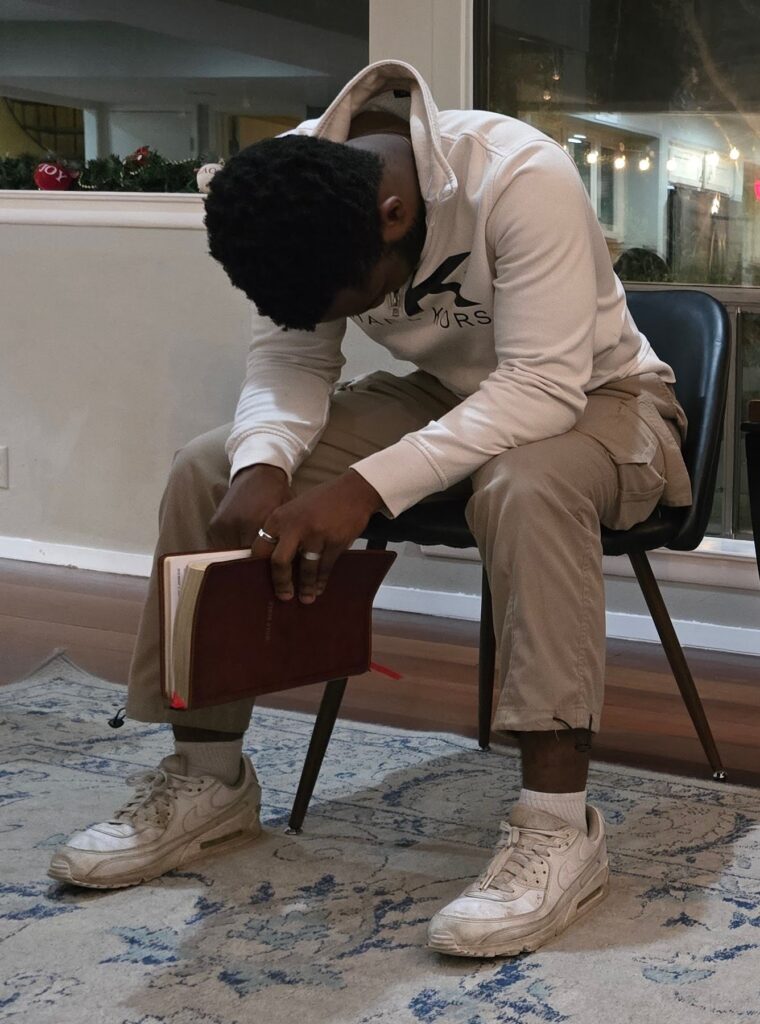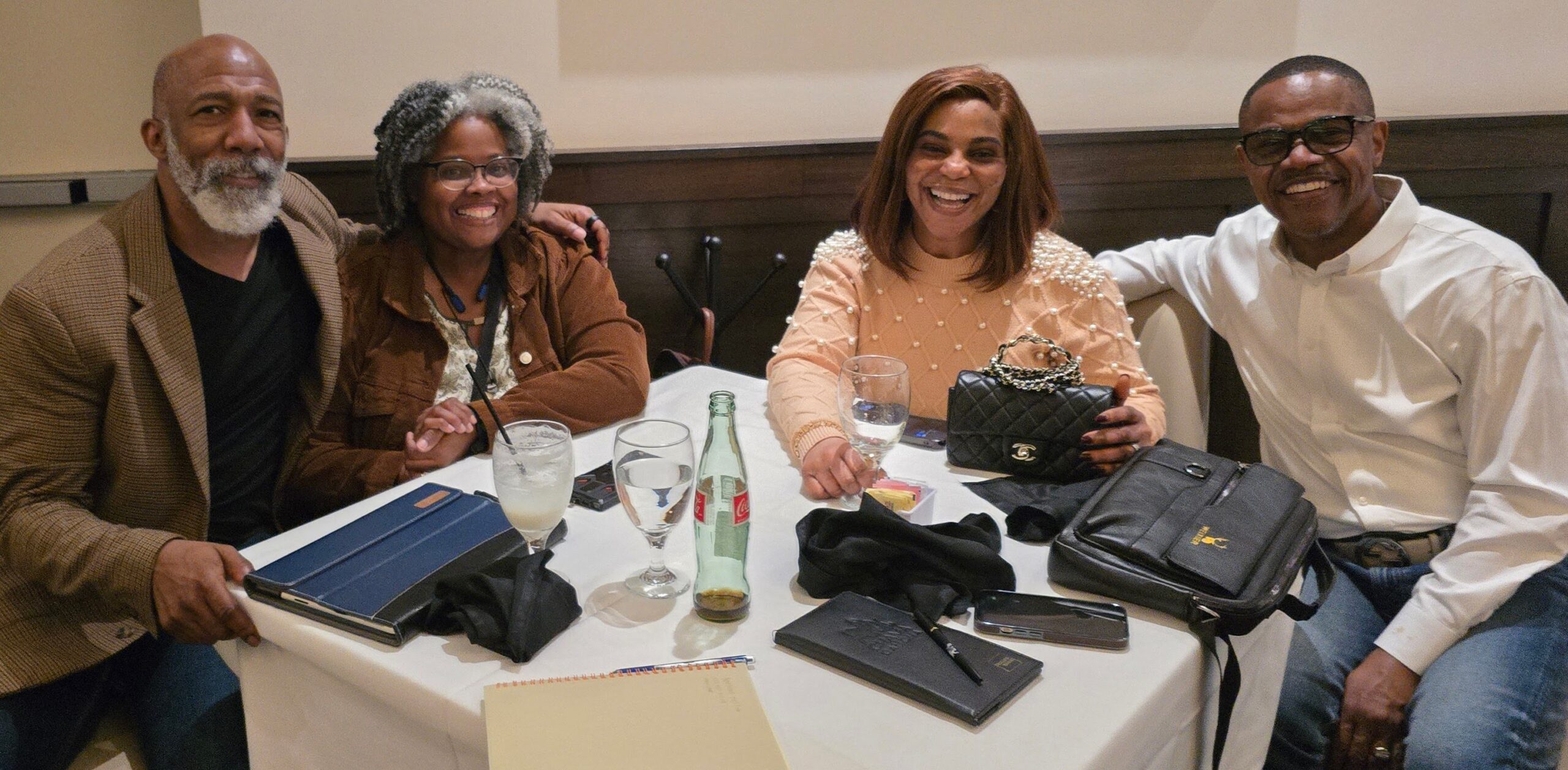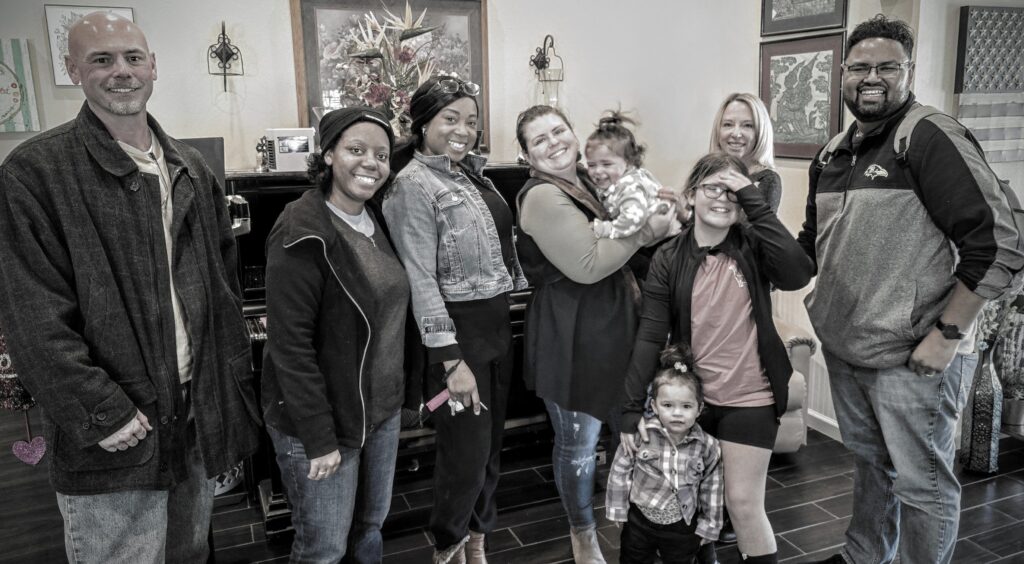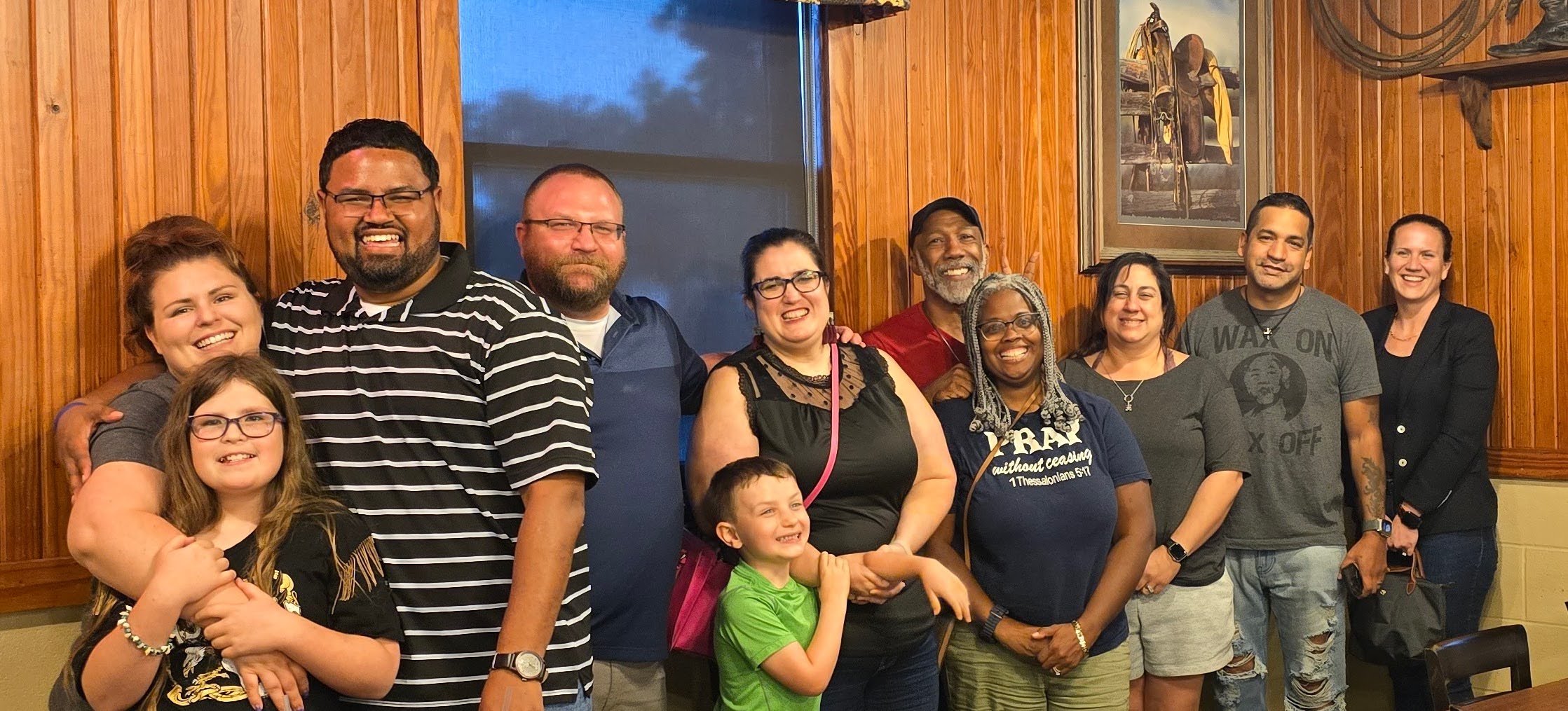Introduction
In Acts 9:32-35 Luke recounts how the message of the gospel was given a greater audience through the miraculous healing of a paralytic named Aeneas in Lydda (Acts 9:32-34). In that small passage we took time to look at two principles that must be honored if miracles are to be used effectively in ministry.
- The Principle of Right Going – all going must be by people empowered to present the gospel. There must be an anointing that enables the wonder and most importantly the witness for Jesus.
- The Principle of Right Giving – all glory goes to God. Miracles must be used to make Him known. They are not permanent fixtures of discipleship community but seasonal signs pointing to the Savior.
The miracle was so marvelous that all who dwelt at Lydda and Sharon saw [the healed man] and turned to the Lord (Acts 9:35). Sharon is not a city but a coastal plain of some 30 miles stretching from Joppa to Caesarea. See Figure 1 below.

Figure 1 — The regions reached by Peter when Aeneas and Tabitha are healed. Sharon is not a city but a coastal plain of about 30 miles.
Luke makes mention of Sharon as a segue into a new story using the same main character — Peter the apostle. As we consider this next passage we will also encounter a third principle that must be honored if a ministry is going to use miracles effectively: The Principle of Right Getting.
After Aeneas (Acts 9:36-39)
36 At Joppa there was a certain disciple named Tabithaa, which is translated Dorcasb. This woman was full of good works and charitable deedsc which she did. 37 But it happened in those days that she became sick and died.d When they had washed here, they laid her in an upper room. 38 And since Lydda was near Joppa, and the disciples had heard that Peter was there, they sent two men to him, imploring him not to delay in coming to them. 39 Then Peter arose and went with them. When he had come, they brought him to the upper room. And all the widows stood by him weeping, showing the tunics and garments which Dorcas had made while she was with them.
The contrast is stark. Luke takes his reader away from the scene of repentance, revival, and rejuvenated life in Lydda to a scene of tragedy and mourning about 12 miles away in Joppa. (See Figure 1 above.) Where Aeneas has made his bed and is walking in the gracious gift of restored health, Dorcas is dead. Her lifeless form lies on a table or bed surrounded by weeping widows (Acts 9:39).
While we are wanting to get to the principle of effective use of miracles in ministry we must not be so hurried that we miss other truths that, when prayerfully considered, will do much to help us live effectively in the Lord’s service. First, do not overlook the fact that the person upon whom this illness came was a Jesus follower – a disciple. Disease and even Death itself had visited a woman full of good works and charitable deeds. Think on the facts: (1) Dorcas was a disciple. (2) Dorcas was full of good deeds; her hands were neither idle nor involved in evil. (3) Dorcas got sick. (4) Dorcas died. We do well to consider these facts when we suggest that a person’s sickness today is (a) not God’s will because the person is a Christian or (b) that the sickness will be eliminated by casting it out in Jesus’ name.
Let us not corrupt the gospel by promising people a life free from sickness when they receive Jesus. There is no pass on pain for those who have given their lives to Christ. The promise of the gospel is forgiveness for all our failings, eternal and abundant life with purpose, the Lord’s abiding presence, and the privilege of partaking in His sufferings (1 Peter 4:13).
Dorcas had used so much of her time and talent and treasure to help the poor that her passing was the cause of exceedingly great sorrow among the disciples… especially the people she had helped. The second thing we must not miss is that Dorcas is missed so much that the disciples decide to ask for something that has not happened in the recorded history of the church at this point: raising the dead. Do not miss the questions that you should ask yourself:
- Could it be proven that I have, in serving the Lord, provided help for the poor and made a difference that will be missed?
- Could anyone gather enough evidence of my good deeds to show that my life was a blessing and not a blight on the community?
- Would the sum total of my good works warrant a crazy plan to get a busy man to come and raise me from the dead?
Having heard about the healing of Aeneas the disciples sent two men to ask Peter to come immediately. He goes with them and, when he has arrived at the home in Joppa, is taken to the upper room. At this point the widows begin working on Peter. They aim to convince him that Tabitha’s life was worthy of a special work of God through him.
Unprecedented Power Displayed Through Peter (Acts 9:40-42; Mark 5:21-43)
40 But Peter put them all out, and knelt down and prayed. And turning to the body he said, “Tabitha, arise.” And she opened her eyes, and when she saw Peter she sat up. 41 Then he gave her his hand and lifted her up; and when he had called the saints and widows, he presented her alive. 42 And it became known throughout all Joppa, and many believed on the Lord.
Peter has seen a situation like this before. During His master’s ministry there was a little girl that had just died. Her father was a ruler in the community (Matthew 9:23) and their position made his daughter’s death highly visible. Jesus assesses the situation and then puts out the people (Matthew 9:24).
Peter sent them and the other mourners out of the room, as he had seen his Master do before he raised Jairus’s daughter from her deathbed; then he uttered a short sentence in Aramaic, differing only in one letter from Jesus’ words to Jairus’s daughter. Whereas Jesus had said Talitha qum (i) (Mark 5:41), Peter now said Tabitha qum (i))—“Tabitha, get up.”
Bruce, F. F. (1988). The Book of the Acts (p. 199). Grand Rapids, MI: Wm. B. Eerdmans Publishing Co.
The ministry of Peter to Dorcas and the community was not occasioned by his presence or his preaching. He became effective in helping them only in his willingness to be humbled. Every knee must bow. His words toward the body were imbued with power only after his pleading. Before he could give the command he needed to get the power. Peter follows Jesus’ lead and gives us the following principle for ministry with miracles:
The Principle of Right Getting (Get Down, Get Help)
What the Church needs to-day is not more machinery or better, not new organizations or more and novel methods, but men whom the Holy Ghost can use — men of prayer, men mighty in prayer. The Holy Ghost does not flow through methods, but through men. He does not come on machinery, but on men. He does not anoint plans, but men — men of prayer. (Bounds, Kindle Locations 46-48)

Figure 2 — Time in prayer with Chancellor Barnes on 2024-11-11 at the home of Austin and Aubrey lane during a Compass Young Adults meeting.
The language of the quote above is old. It speaks of prayer in ways that seem to make it the province and power of men. I will not charge E. M. Bounds with being chauvinistic; he spoke in a manner customary of his times. An updated version of the quote would change the word men to people; people of prayer are an indispensable part of a ministry that will be able to use the miraculous for the glory of God and the good of many. Such people take to heart the words of the Lord regarding prayer and make it their business to both be obedient and follow his example.
- Receiving Requires Prayer and Faith (Matthew 21:22) And whatever things you ask in prayer, believing, you will receive.
- Some Changes Require Prayer (Mark 9:29) So He said to them, “This kind can come out by nothing but prayer and fasting.”
- The Ultimate Purpose of the Prayer is the Glorification of the Son (John 14:13-14) And whatever you ask in My name, that I will do, that the Father may be glorified in the Son. If you ask anything in My name, I will do it.
- Corporate Prayer in Jesus’ Name Has Special Influence with the Father (Matthew 18:19-20) Again I say to you that if two of you agree on earth concerning anything that they ask, it will be done for them by My Father in heaven. For where two or three are gathered together in My name, I am there in the midst of them.
The Persistence of Peter (Acts 9:43)
So it was that he stayed many days in Joppa with Simon, a tanner.
Aeneas has been healed and Dorcas has been raised from the dead. The miracles were used by Peter to occasion faith in Jesus. And now that there are a number of new believers the real work begins – discipleship (Matthew 28:18-20). Peter stays in the region in order to teach the new believers all that Jesus commanded. Beyond the excitement of the miracle is the more mundane work of day-to-day teaching, mentoring, and helping the Jesus followers in their new relationship with the Lord. Unlike the mass revivals of our day where people are reached and then left to the locals for teaching, Peter stays for a hands-on approach to making disciples.
Questions for Community Discussion
- Why did the healing of Dorcas cause many to believe? (Acts 9:37, 42)
- Why did Peter stay? (Mark 3:14; Matthew 28:18-20)
- Peter prayed before he did anything. Why did he do that? (John 15:15)
- Does your approach to helping others and discipleship look like Peter’s?
- In what ways should your approach to helping people be changed to match the example of Jesus and the apostles?
Footnotes
a Literally in Aramaic her name means Gazelle.
b Dorcas is Greek for Gazelle. It is obvious that Luke wanted to make his work accessible to an audience that was not Jewish.
e The text that follows is from the Mishna Shabbat – a written redaction of the Jewish oral traditions known as the Oral Torah. Mishna Shabbat 23:5 One may perform all the requirements for a corpse [on Shabbat]: [One may] anoint and wash him, provided one does not move a limb. One may move the pillow from under him to place him on the sand so that he will keep [from decomposing]. One may tie his jaw, not so that it rises but so it does not fall. And similarly, [if] a beam has broken one may support it with a bench or boards from a bed, not so that it rises but so it does not fall. One may not close the eyes of a corpse on Shabbat, nor [even] on a week-day while he is [still] expiring. [If] one closes the eyes of a dying person while he is [still] expiring he has shed blood.
References
E.M. Bounds (2015-11-23). Power Through Prayer (Kindle Locations 46-48). Scriptura Press. Kindle Edition.









